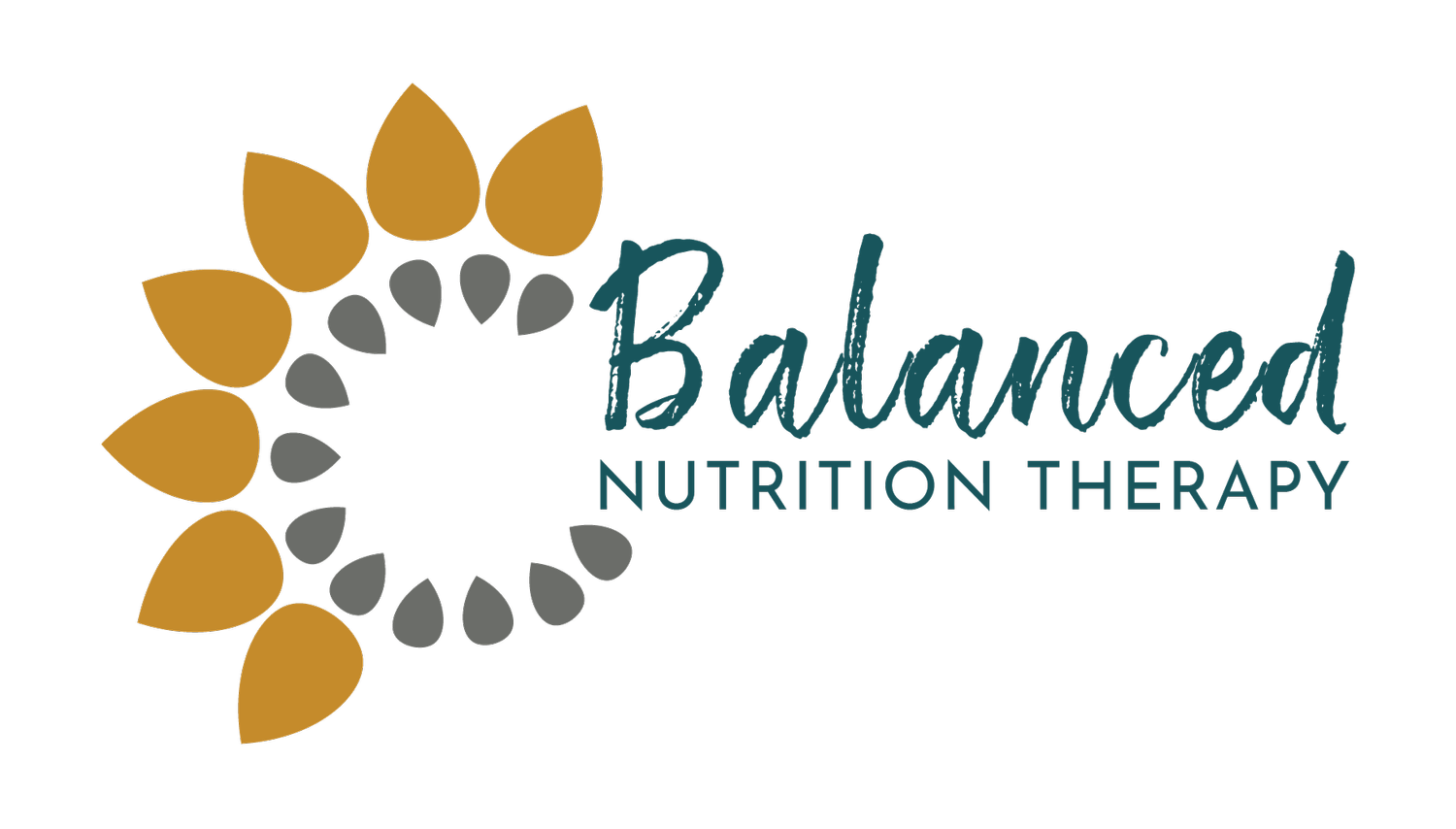10 Fertility-Boosting Foods to Support Your Journey
When it comes to fertility, nutrition is a powerful tool. The foods you eat can influence hormone balance, inflammation, and overall reproductive health. Whether you’re actively trying to conceive or simply want to optimize your wellness, adding some of these foods into your daily routine can make a difference.
What are the best foods (and food groups) for improving fertility outcomes?
1. Full-Fat Dairy
Research suggests that full-fat dairy products may be more supportive for fertility compared to their low-fat counterparts. They provide fat-soluble vitamins (A, D, E, K) as well as high-quality protein and calcium; important for reproductive and bone health. Options like whole milk yogurt, kefir, or a splash of whole milk in your smoothie can be nourishing additions.
2. Meat on the Bone
Cooking meat on the bone, like slow-cooked chicken thighs or bone-in beef, enhances flavor and can provide extra minerals such as iron, zinc, and collagen precursors. These nutrients are crucial for blood health, tissue repair, and hormone production- all important during preconception.
3. Cruciferous Vegetables
Broccoli, cauliflower, Brussels sprouts, and kale are packed with compounds that help the liver metabolize estrogen efficiently. For individuals with hormonal imbalances or conditions like PCOS or endometriosis, cruciferous veggies can be especially supportive.
4. Eggs
Eggs are one of nature’s fertility superfoods. They contain choline (important for egg and embryo development), high-quality protein, and vitamin D. The yolk is especially nutrient-dense, so be sure to eat the whole egg, not just the whites.
5. Fatty Fish
Salmon, sardines, and mackerel are rich in omega-3 fatty acids, which support hormone production, reduce inflammation, and improve blood flow to reproductive organs. Omega-3s may also improve egg quality and help regulate ovulation.
6. Leafy Greens
Spinach, arugula, romaine, and Swiss chard are high in folate, a B vitamin critical for DNA synthesis and early fetal development. Getting folate through food, in addition to supplementation, helps prepare the body for pregnancy.
7. Colorful Fruits & Vegetables
Brightly colored produce like berries, citrus, peppers, and beets are full of antioxidants that protect eggs and sperm from oxidative stress. Eating a “rainbow” ensures you’re covering a wide spectrum of fertility-supporting phytonutrients.
8. Probiotic Foods
Gut health plays a role in hormone metabolism, inflammation, and immune balance. Probiotic-rich foods like yogurt, kefir, sauerkraut, and kimchi help support a healthy gut microbiome, which may indirectly improve reproductive health.
9. Nuts & Seeds
Almonds, walnuts, chia seeds, flaxseeds, and pumpkin seeds (among many others) provide plant-based protein, healthy fats, and key minerals like zinc and magnesium. These nutrients are vital for ovulation, hormone balance, and reducing inflammation.
A small handful of nuts or a sprinkle of seeds makes an easy daily fertility boost. Additionally, just 2 brazil nuts daily will meet your selenium needs, which is a vital nutrient for both egg and sperm health.
10. Water
It may not feel as exciting as some of the other foods on this list, but hydration is foundational for fertility. Water supports cervical fluid production (important for conception), helps transport nutrients, and aids in detoxification pathways. Aim for steady intake throughout the day rather than all at once.
Fitting Fertility-Rich Foods Into Your Day
Building a fertility-supportive diet doesn’t have to mean restriction or perfection. Instead, focus on adding in these nutrient-rich foods daily and creating a colorful, balanced plate.
Pair them with mindful lifestyle habits like stress management, quality sleep, and gentle movement to further support your body. If this sounds like something you need additional support with implementing, reach out to Cameron at Balanced Nutrition Therapy today!

